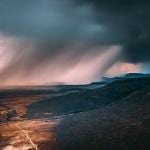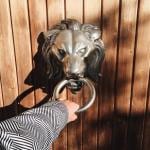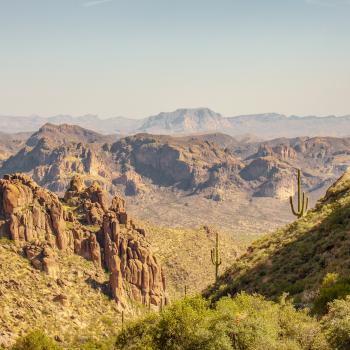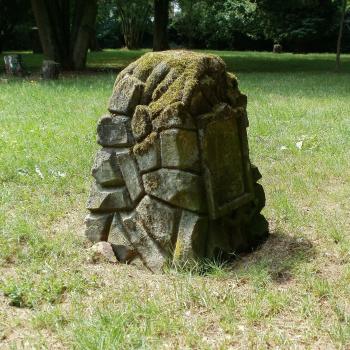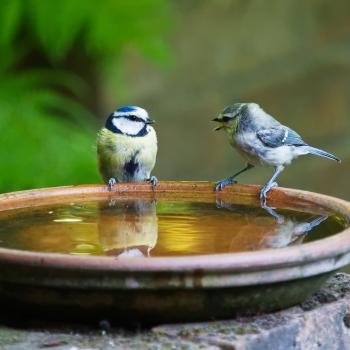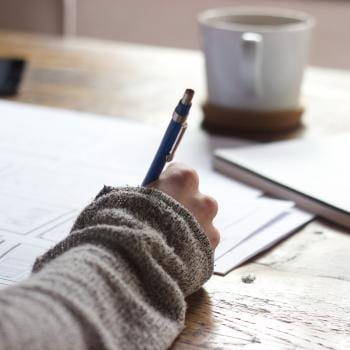Plague time – COVID-19 time – has been a time of solitude. In some parts of the world we are seeing a return to normality, to businesses opening up and running close-to-normal. In other parts of the world, well, the news conveys an image of the plague unabated, a rush of illness less like a ‘second-wave’ and closer to an unending ebb.
Our best response – across the board, across country and culture – is to act in the best interest of the community, of the whole. To have compassion for others.
The Self
During this year from hell, a year crafted in stark chiaroscuro, we have all found ourselves in a unique solitude. Even as we might be stuck in homes with our lovers or children, we are (or were) all trapped. I have heard 2020 labeled as ‘The Plague Year’.
(For my friends in the USA, I wonder what the year feels like still. Here in Europe the plague, the sweep of illness, the meaning of All Of It, has a different saturation. Seasonal changes, scents in the air: all of these fade in comparison to the human element. Yet – the seasons will continue to turn. The plants and insects will outlive us. The mountains will survive every selfish strike we aim upon them. The empires of man fall in shorter intervals. In centuries, or decades.)
It is absurd that as the plague winds down (and ramps up, as she does) I find myself turning toward the comfort of journaling. Like any good writer, journaling has comprised much of my life. I abandoned the practice as I hit adulthood though. There were many reasons for this. Most prominently, I had re-read my witchcraft and religious writings and found them painfully boring. I wondered at the point of it all.
This past Lammas, after finishing a public ritual, my anxiety was at a striking high. I sought advice and turned to a journal I have used sporadically for the past four years. As I scribbled ink upon the pages, a dam broke in my heart and head. Among all the personal revelations was revealed a vulnerability I had ignored for almost a decade: to be truly alone with my thoughts, with my own personality, with the Self.
In this year of 2020, many US Americans have found ourselves confronting the Self. Whether we live stateside or far fled, we turn corners of our hearts and minds and find ourselves confronted, continually, “Who am I?”
Who am I in these times of trial?
The Un-Ending Solitude
Journaling is often recommended in spiritual and witchcraft books. Record your spells, record your rituals.
This is for practical considerations, in part. If you aim to practice witchcraft, are your spells working? Noting down your experiences of magic and ritual allows you to return to that moment with greater clarity than allowed by your own brain. These journals – whether we call them simple diaries or ‘Books of Shadow’ – form a foundation upon which to build our further spiritual exploration. Our interests and intuition may be recorded within.
But the journal – the record of our lives – can be more than functional. Especially for those inclined toward literary pursuits, the written record of ourselves can deeply impact our relation with the wider world. When I have journaled and allowed myself that quiet moment I find myself better able to bear the realities of existence. The frustrations of daily life and emotional turmoil are calmed in the face of gentle contemplation.
When we journal, when we write down our own thoughts and existence, we are alone. Even when we record our lives as they intersect with others, the journal’s blank page opens up to us our thoughts. Our own self. Ideally, the self that is stripped bear of societal restriction and expectation.
The selfhood that is manifest upon the journal’s page is an emanation of solitude. Not loneliness but a way of being Alone. There is always a new blank page. Solitude surrounds us, always, no matter how many people may be in the room. We must simply cultivate it.
The Utility of Quietude
All this self-reflection and recording is, in itself, worthwhile. But the utility of such self-indulgent practices shines when we unite selfishness with the selfless desire in our soul. In journaling we might better know the Self. In better knowing the Self, we can better approach the people in our lives. We can, ideally, care for other people in a deeper way.
Should I be completely honest and bare, one reason I stopped journaling as often as I did was that I hated what I found. I wanted to shut out the reality of not only my internal world but my relation with the external. The suffering and despair and wounds of the world felt like they were blossomed, bleeding, on my own skin. The love I had for the world turned to an ache at the cruelty of man revealing itself as I grew older. My existence, I knew, was itself complicit in harm and oppression. Better, I thought, to close my eyes, cover my ears, ignore the tears that wanted to pour down my face.
Such ignorance cannot survive in the pursuit of the Gods. Religious or spiritual, ignorance and falsehood fall apart.
The solitude that allows us connection to the Gods and spirits is quiet. Loud as the Holy Ones might be, we must find the silence in ourselves. And this quietude will lead us to right relationship not only with the unseen powers but with the world around us. It can teach us, as is said, ‘how to care about other people’.

